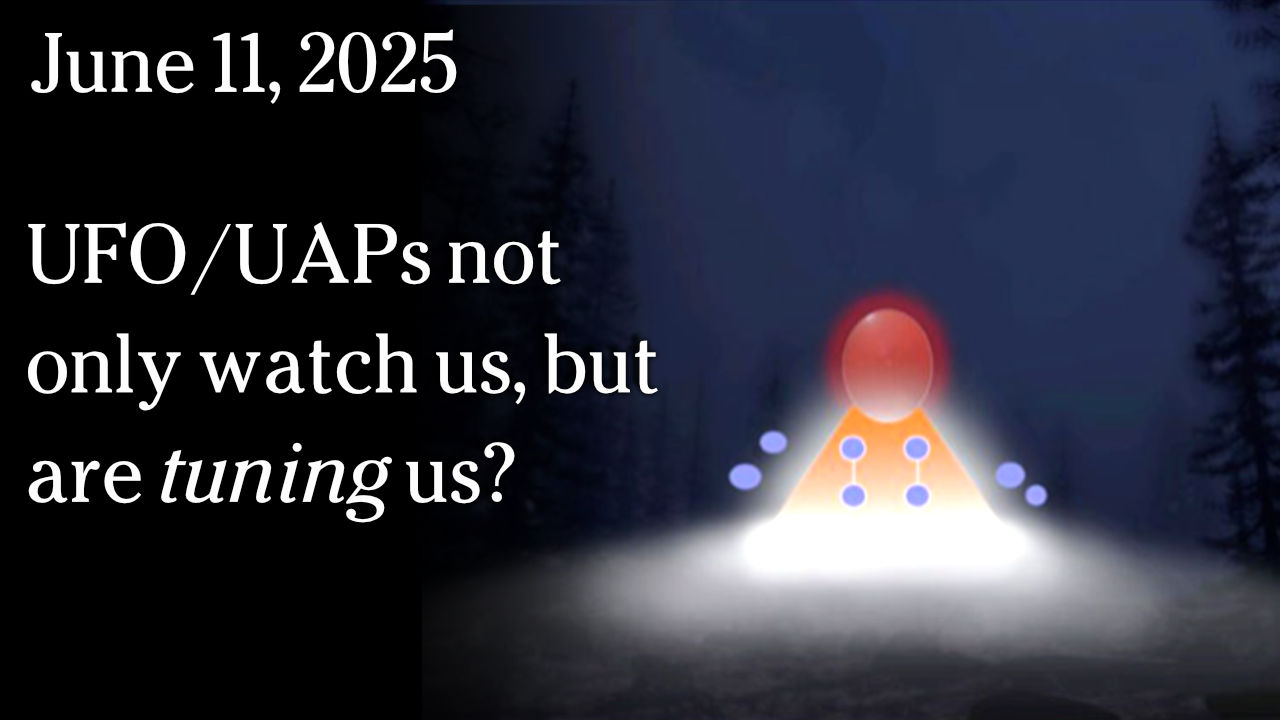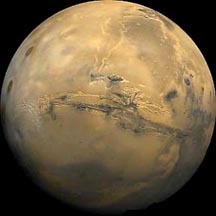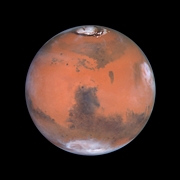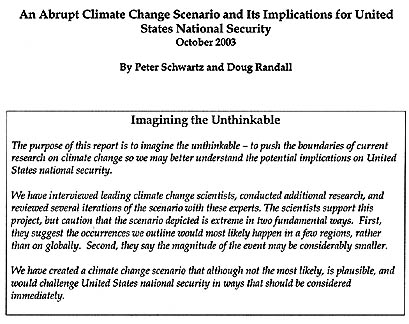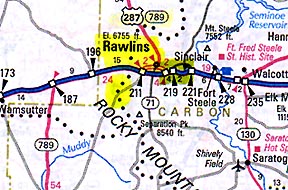
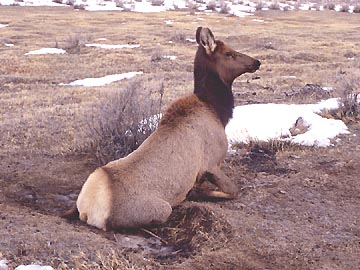
March 9, 2004 Cheyenne, Wyoming – On February 8, 2004, Wyoming coyote hunters contacted the Wyoming Game and Fish Department in Rawlins to report their finding two live elk down on their chests, unable to rise. The location was about 15 miles southwest of Rawlins on land actually owned and managed by the Wyoming Game and Fish Department. A Rawlins field biologist went to investigate, found the two elk and subsequently, other field investigators found another 80 live, paralyzed elk. The number of debilitated animals has now risen to almost 300 today. Nine more, all alive, were found the weekend of March 6-7, 2004. Sadly, all found alive and paralyzed have been euthanized to put them out of their misery.This week I talked about the baffling phenomenon with Tom Reed, Publications Supervisor, Wyoming Game and Fish Department, Cheyenne, Wyoming.Click for report.



